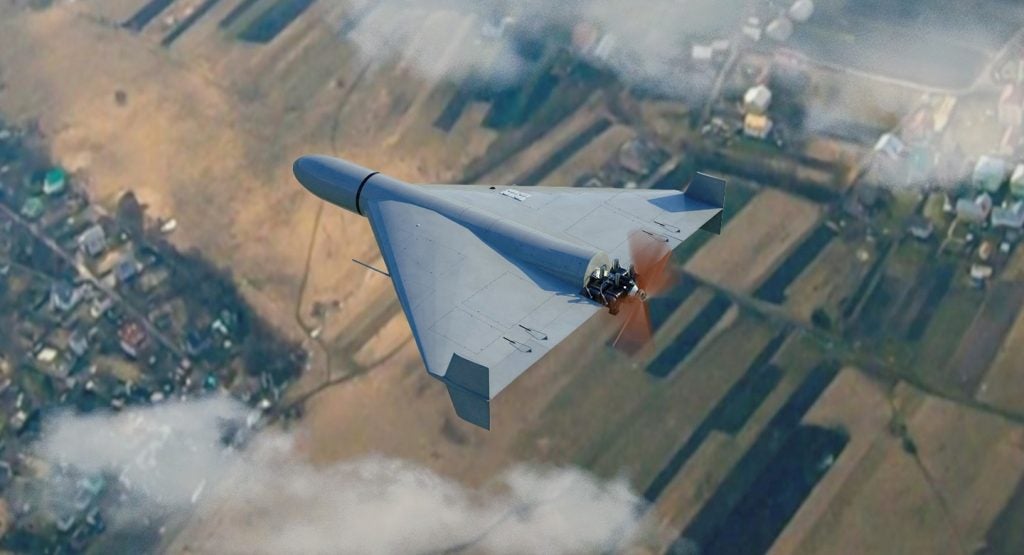
The US Defense Advanced Research Projects Agency (DARPA) has awarded a contract to BAE Systems in support of its radio frequency machine learning system (RFMLS) programme.
Under the $9.2m Phase I contract, BAE will develop data-driven machine learning algorithms that would help differentiate RF signals and enhance situational awareness.
The algorithms will help decode the ever-growing number of RF signals, providing improved situational understanding of an operating environment to the military and commercial users.
BAE Systems sensor processing and exploitation product line director Dr John Hogan said: “The inability to uniquely identify signals in an environment creates operational risk due to the lack of situational awareness, inability to target threats, and vulnerability of communications to malicious attack.
“Our goal for the RFMLS programme is to create algorithms that will enable a whole new level of understanding of the RF spectrum so users can identify and react to any signals that could be putting them in harm’s way.”
The contract will provide the researchers at BAE Systems with the scope to develop machine learning algorithms using cognitive approaches that will use feature learning techniques to differentiate the RF signals.
How well do you really know your competitors?
Access the most comprehensive Company Profiles on the market, powered by GlobalData. Save hours of research. Gain competitive edge.

Thank you!
Your download email will arrive shortly
Not ready to buy yet? Download a free sample
We are confident about the unique quality of our Company Profiles. However, we want you to make the most beneficial decision for your business, so we offer a free sample that you can download by submitting the below form
By GlobalDataScientists aim to create modern algorithms that can learn to differentiate between important and unimportant signals in real-time scenarios through a deep learning approach.
The technology being developed for DARPA’s RFMLS programme is part of the machine learning and artificial intelligence research focus area within BAE’s autonomy technology portfolio.
Work on the RFMLS programme is being carried out by the research and development team at the company facilities in Burlington, Massachusetts, and Durham, North Carolina, in the US.







